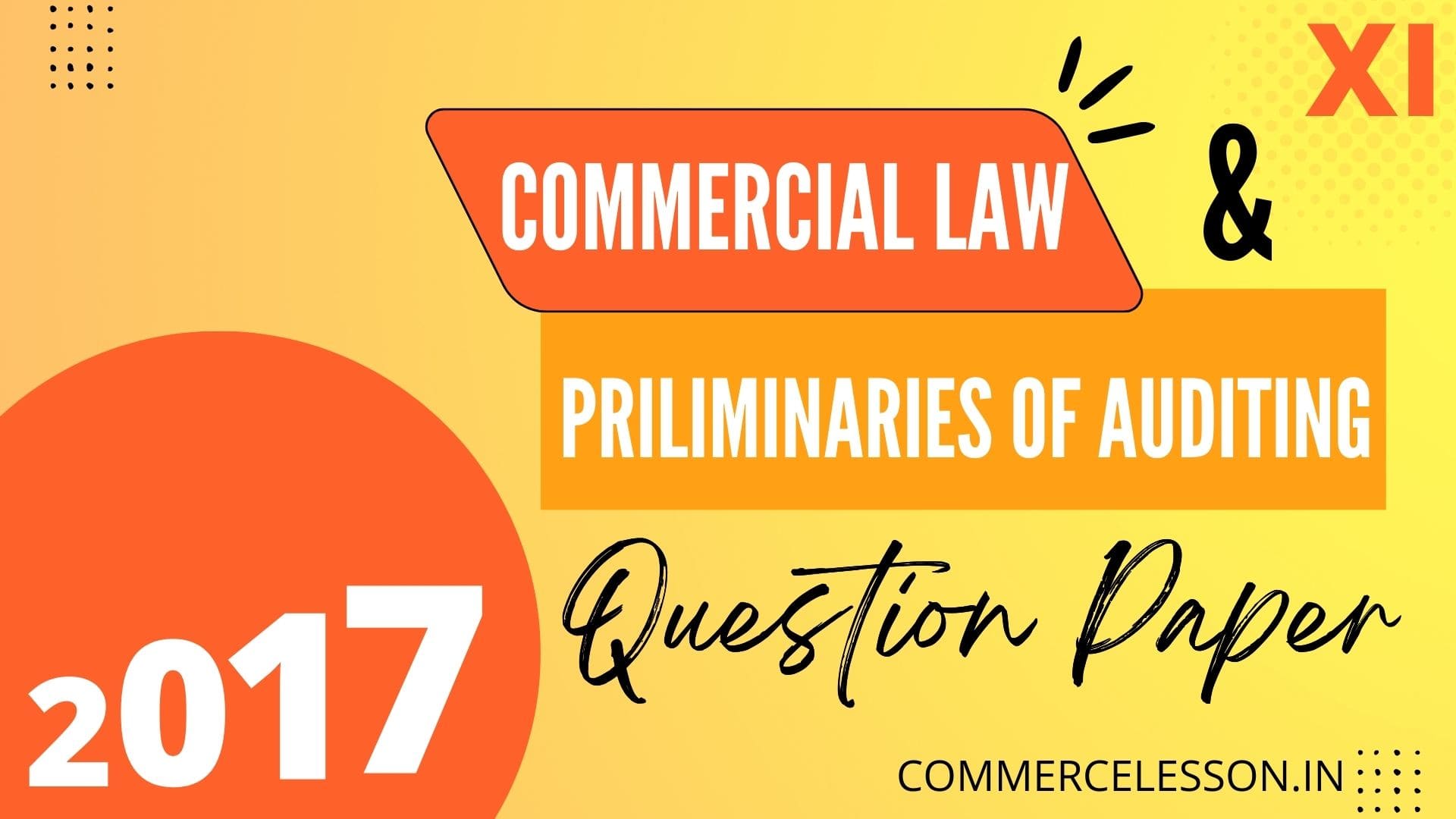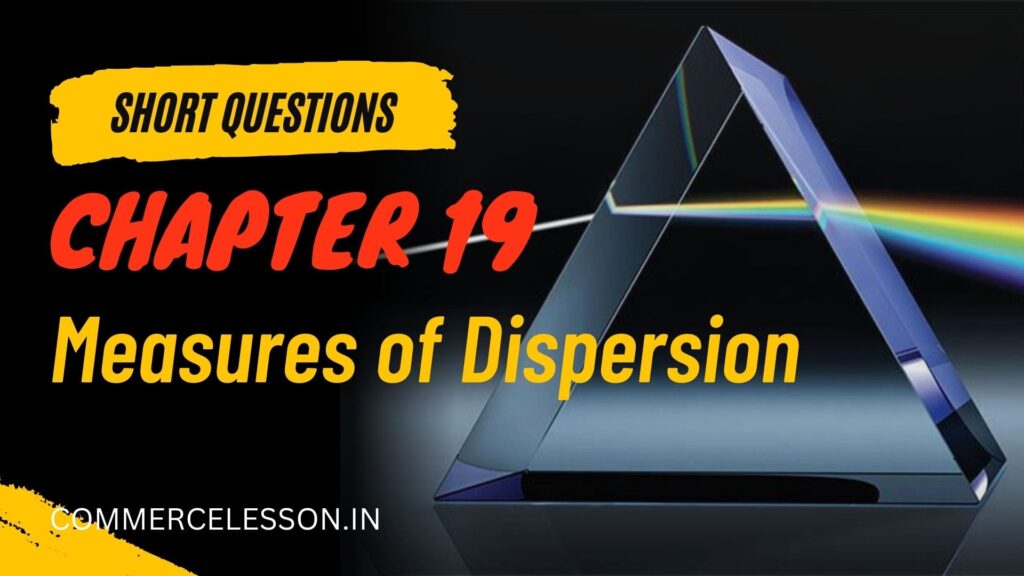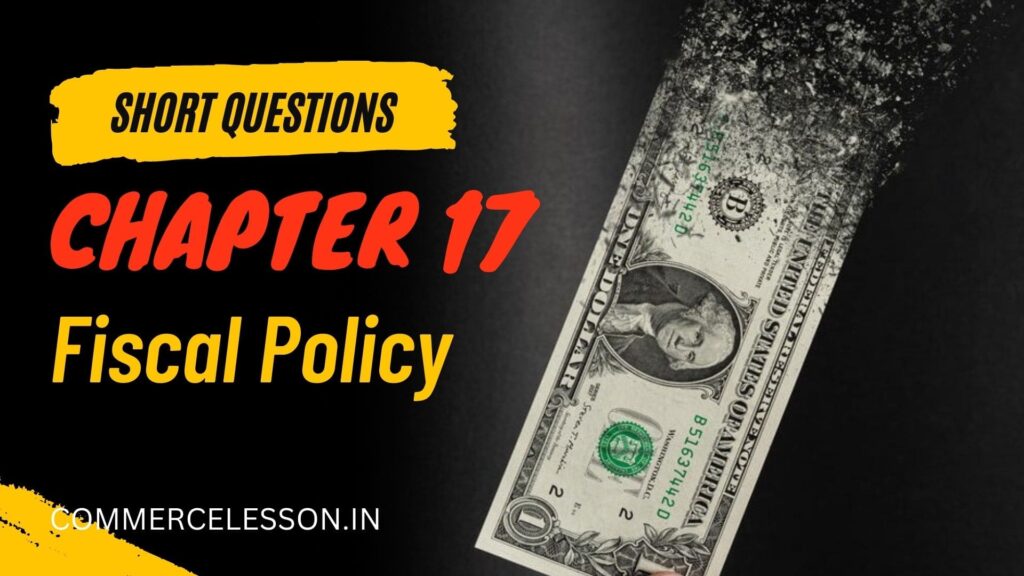Commercial Law and Preliminaries of Auditing – 2017
PART – A
Commercial Law
Group – A
1. Answer the following questions: [1×12=12]
Choose the correct answer:
(i) Indian Contract Act was enacted in the year –
(a) 1782
(b) 1827
(c) 1872
(d) 1892
(ii) Consideration must move at the desire of the –
(a) Promisee
(b) Promisor
(c) Third party
(d) None of them
(iii) A conract not enforceable by law is said to be –
(a) void
(b) valid
(c) voidable
(d) illegal
(iv) The person who makes a proposal is called –
(a) offerer
(b) offeree
(c) acceptor
(d) acceptee
(v) Which of the following person(s) is/are disqualified from entering into a contract?
(a) Alien enemies
(b) Convict
(c) Foreign ambassador
(d) All of these
(vi) An offer can be accepted by which mode?
(a) Verbally
(b) in writing
(c) By conduct
(d) All of these
(vii) Which of the following is not an element of a valid contract?
(a) Offer & Acceptance
(b) Free consent of parties
(c) intention to create legal obligation
(d) None of these
(viii) Which of the following is not considered as ‘goods’ as per the Sale of Goods Act, 1930?
(a) Actionable Claim
(b) Car
(c) Shares
(d) Furniture
(ix) Which o the following is considered implied condition of a contract of sale of goods?
(a) Sale by sample
(b) Sale by description
(c) Quality of goods
(d) All of these
(x) For the conclusion of a sale contract, which of the following is essential?
(a) Guarantee
(b) Warranty
(c) Condition
(d) None of these
(xi) Which of the following statements is true?
(a) Contingent goods are type of future goods
(b) The property of future goods passes after making the contract of sale
(c) Specific goods are a type of existing goods
(d) All of these
(xii) Which of the following is considered to be the duty of a seller in respect of goods?
(a) Receipt of goods
(b) Payment of price
(c) Specific performance
(d) None of these
Group – B
2. Answer the following questions (Alternatives are to be noted): [1×6=6]
(i) What is meant by ‘Commercial Law’?
(ii) What is meant by an ‘Offer’?
(iii) What do you mean by ‘Free Consent’ in the context of a contract?
Or, Define ‘Consideration’.
(iv) What do you mean by ‘Undue Influence’?
Or, State any one point of difference between ‘Cross Offer’ and ‘Counter Offer’.
(v) Who is an ‘Unpaid Seller’?
Or, What are ‘Contingent Goods’?
(vi) What is the ‘Doctrine of Caveat Emptor’?
Group – C
3. Answer the following questions (Alternatives are to be noted): [4×4=16]
(i) State any four sources of Indian Commercial Law.
(ii) Dintinguish between ‘Contract’ and ‘Agreement’.
Or, Distinguish between ‘Fraud’ and ‘Mispresentation’.
(iii) State any four essential elements of a valid contract for sale of goods.
Or, Distinguish between ‘Sale’ and ‘Agreement to Sell’.
(iv) “No seller of goods can give the buyer of goods a better title of those goods than he himself has”. – Explain the statement and state any three exceptions to it.
Group – D
4. Answer the following questions (Alternatives are to be noted): [6×1=6]
Discuss the rules regarding a valid acceptance.
Or, Explain the legal position of contracts entered into by or with a minor.
PART – B
Preliminaries of Auditing
Group – A
5. Answer the following questions: [1×12=12]
Choose the correct answer:
(i) An auditor is a/an –
(a) Officer of the organisation
(b) Manager of the organisation
(c) Independent person
(d) Director
(ii) Which of the following is not a limitation of auditing?
(a) Managerial inefficiencies not identified
(b) Uncertainty about correctness of accounts
(c) Unavailability of all information
(d) Disclosure of true and fair view of financial state of the firm
(iii) Secondary objective of auditing is –
(a) Preparation of financial statements
(b) Detection and prevention of errors and fraud
(c) Analysis of financial statements
(d) None of these
(iv) Which of the following statements are not true?
(a) Auditor is appointed for a specific accounting period
(b) Auditing increases the reliability of accounts
(c) A third party gets benefits from auditing
(d) None of these
(v) The error committed due to wrong balancing of a ledger account is called –
(a) Error of misposting
(b) Error of omission
(c) Error of principle
(d) Error of commission
(vi) Which of the following is a classification of audit on the basis of time?
(a) Statutory audit
(b) Interim audit
(c) Complete audit
(d) Internal audit
(vii) Which type of audit is suitable for a small concern?
(a) Partial audit
(b) Statutory audit
(c) Complete audit
(d) None of these
(viii) Internal auditor is appointed by –
(a) Management
(b) Shareholders
(c) Creditors
(d) None of these
(ix) Auditing of just the Cash Book is –
(a) Periodical Audit
(b) Partial Audit
(c) Interim Audit
(d) None of these
(x) The audit report of Central Government is to be submitted to –
(a) Prime Minister
(b) Finance Minister
(c) President
(d) CAG
(xi) Internal Check is a part of –
(a) Internal Audit
(b) Internal Control
(c) Interim Audit
(d) None of these
(xii) Who is responsible for Internal Control System?
(a) Audtitor
(b) Government
(c) Shareholders
(d) Management Authority
Group – B
6. Answer the following questions (Alternatives are to be noted): [1×6=6]
(i) Mention a point of difference between ‘Accounting’ and ‘Auditing’.
(ii) Can an accountant of an organisation act as its auditor?
Or, State any one general qualification of an auditor.
(iii) State the classification of audit on the basis of scope of work.
Or, State an advantage of Periodical Audit.
(iv) What is Government Audit?
(v) State any on limitation of Internal Check System.
(vi) State any one objective of Internal Check System.
Or, Mention any one feature of Internal Control System.
Group – C
7. Answer the following questions (Alternatives are to be noted): [4×4=16]
(i) What do you mean by auditing? Explain its relation with accounting. (2+2)
(ii) Distinguish between ‘Error’ and ‘Fraud’.
Or, What do you mean by ‘Misappropriation of Goods’? Mention any three means of misappropriation of goods. (1+3)
(iii) Differentiate between ‘Complete Audit’ and ‘Partial Audit’.
Or, Distinguish between ‘Interim Audit’ and ‘Internal Audit’.
(iv) What is ‘Continuous Audit’? State any three areas of application of such audit. (1+3)
Group – D
8. Answer the following questions (Alternatives are to be noted): [6×1=6]
What do you mean by Internal Control System? Discuss its limitations. (1+5)
Or, Discuss the relevance of Internal Control System in Auditing.
Like our post?
We are available with lots and lots of commerce-related content.




